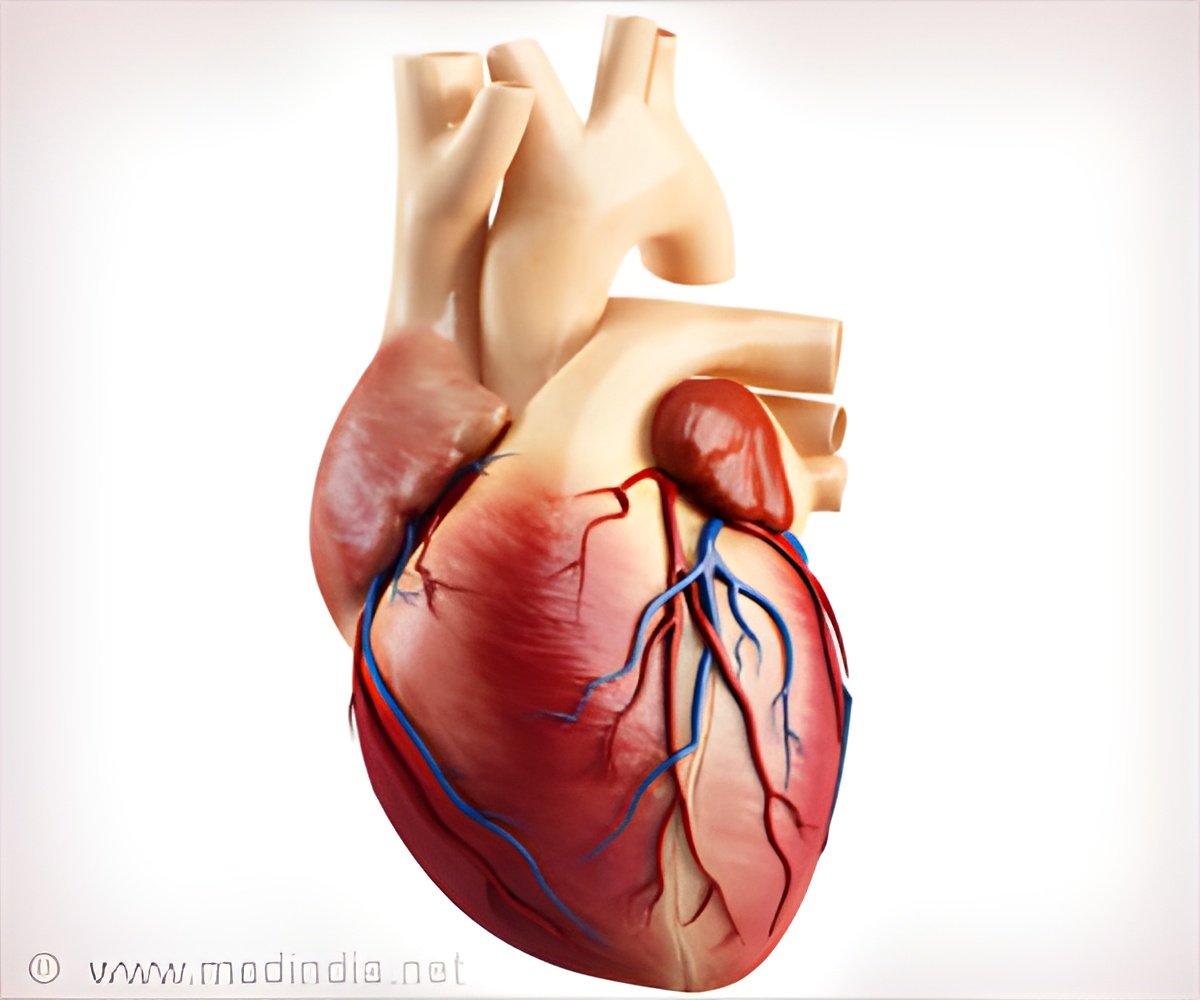Researcher received a $423,485 grant to identify the link between a protein called ATM, or ataxia telangiectasia mutated kinase and ischemic heart disease.

"The aim of this research is to identify a link between ATM and ischemic heart disease, and to understand why ATM deficient patients are more susceptible to ischemic heart disease," Singh was quoted as saying.
Mutations in the ATM gene cause a rare genetic disorder known as Ataxia-telangiectasia, or A-T, which affects multiple organs in the body and leads to severe disability.
Individuals carrying both copies of the mutated ATM gene die in their teens or early 20s. Patients with one normal and one mutated copy of the ATM gene are spared from most of the symptoms of the disease. However, they are more susceptible to cancer and ischemic heart disease.
The study will focus on examining the role of ATM in heart muscle cell death and heart function.
Singh also holds a VA Merit Review Award from the Department of Veterans Affairs for nearly $1 million to study the role of a protein called osteopontin in heart disease.
Advertisement














